2021 December
About Andrew Cusack
 Writer, web designer, etc.; born in New York; educated in Argentina, Scotland, and South Africa; now based in London.
Writer, web designer, etc.; born in New York; educated in Argentina, Scotland, and South Africa; now based in London. read more
News
Blogs
Reviews & Periodicals
Arts & Design
World
France
Mitteleuropa
Knickerbockers
Argentina
The Levant
Africa
Cape of Good Hope
Netherlands
Scandinavia
Québec
India
Muscovy
Germany
Academica
Abbott’s Gun
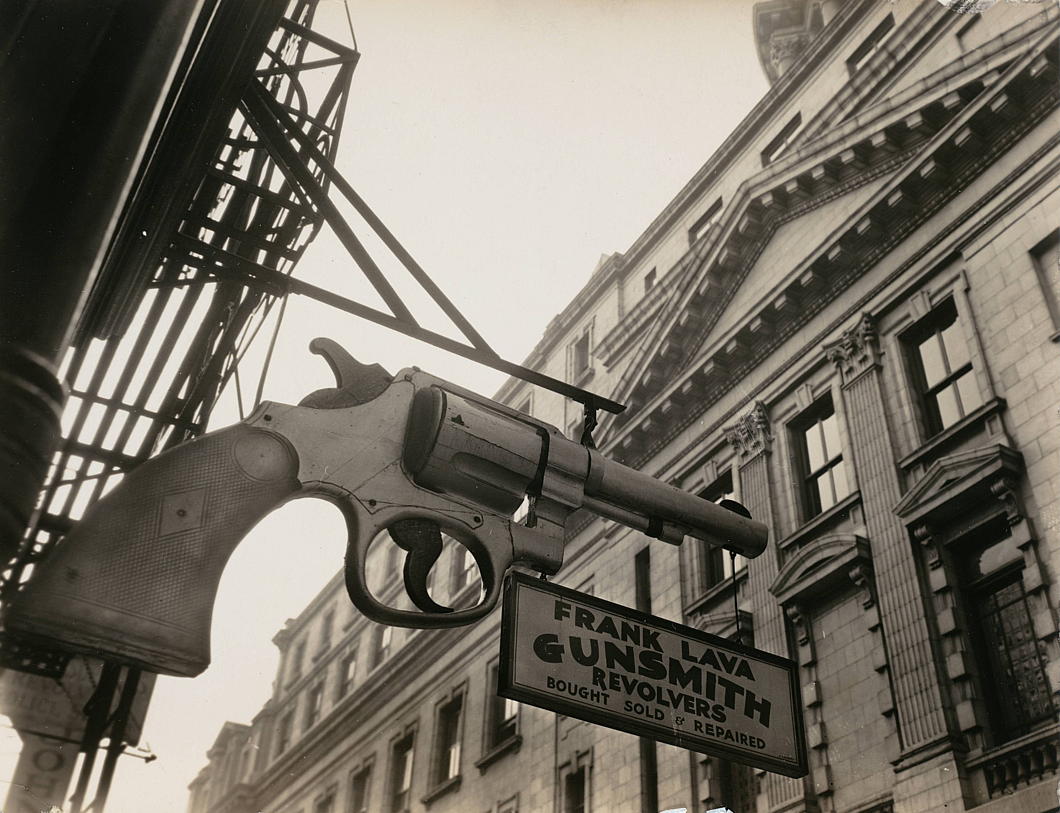
Berenice Abbott took a few photographs of New York’s old Police Headquarters viewed from one of the gunsmiths across Centre Market Place.
This street behind the NYPD HQ (which fronts on to Centre Street) became the gunsmiths’ district of Manhattan — policemen being one of the best customers for many of these businesses. (Criminals being another.)
There is something almost mediæval about the giant gun hanging outside, advertising to one and all what the shop had to offer.
Frank Lava, the gunsmith photographed, shut decades ago, but the John Jovino Gun Shop was originally next door before moving around the corner into Grand Street.
Like Lava’s, Jovino’s continued the tradition of hanging a giant gun outside the shop like in Abbott’s photograph.
The John Jovino Gun Shop, founded 1911, chucked in the towel last year when “Gun King Charlie” — owner Charlie Yu — decided the rent was too damn high.
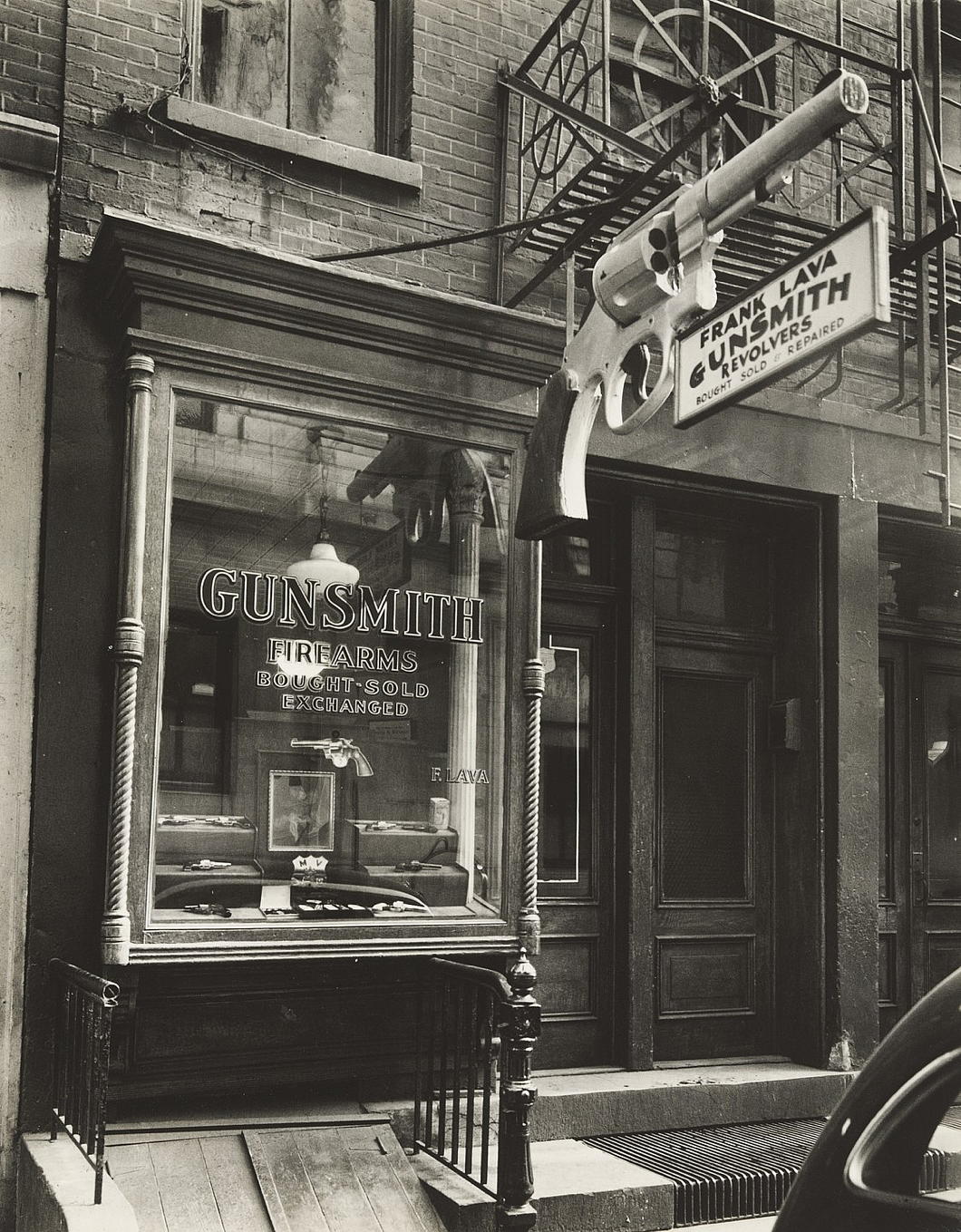
An Interview with Philippe de Gaulle
Last year, in advance of the Admiral’s ninety-ninth birthday and the fiftieth anniversary of his father’s death, Paris Match sent Caroline Pigozzi to interview Philippe de Gaulle.
What follows is an abridged and completely unofficial translation of what Admiral de Gaulle insists will be his “last interview”.
ADMIRAL PHILIPPE DE GAULLE: Everyone has appropriated their share, even the Communists. All those who refer to General de Gaulle’s policy respect his Constitution, that of the Fifth Republic…
But, over the elections, my father’s imprint has faded. Pompidou, he was not quite his ideas anymore. Giscard d´Estaing, even less so… Mitterrand, basically, had the ideas of General de Gaulle, but he could not say it.
How do you judge the current president?
Emmanuel Macron is quite right to reference himself to the General as well as to other heads of state — France comes from the depths of the ages and the centuries call for it.
However, he is too involved in parliamentary life: the president should have a little more perspective. But anyway, it’s a Gaullist talking to you! The head of state is above Parliament and the government he appointed. It’s up to them to discuss day-to-day business. He has a prime minister who has to fight every day with his ministers and with Parliament.
And it’s up to the president, of course, to give direction, to choose. It is his “job”, just like dealing with the health crisis, which cannot stand any delay.
Which annual ceremonies have marked you the most?
The parade of 14 July, a commemoration of real scale which bears witness to the victories of the Republic.
My father would have liked to have celebrated on November 1 and 2 [All Saints’ and All Souls’ days] the remembrance of all war dead, for families, but that there were no other commemorations.
Why continue indefinitely with November 11, which marks the armistice of 1918, and May 8, the victory of 1945? Leave the public holidays to which the French are so attached, and let the state stick to these two dates.
Did your father like sports?
It was very important for him, because it marked the vitality of France. In his eyes, a country that had no athletes was a country half-dead.
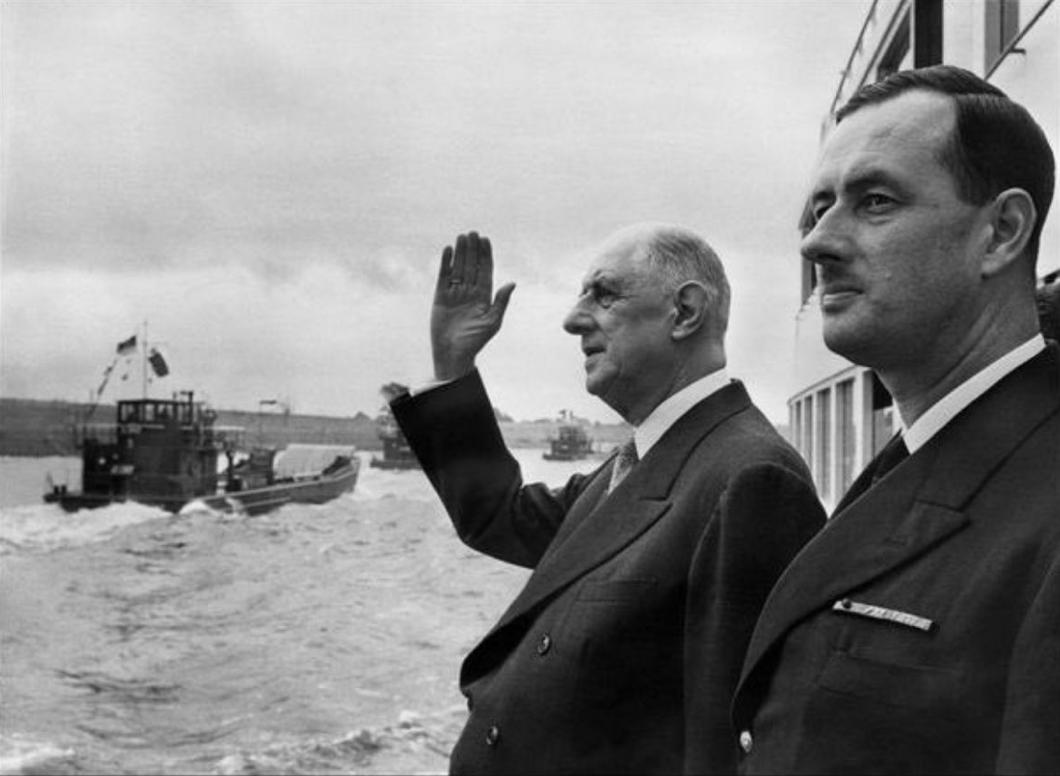
Did he read the press?
He watched the news every night — it interested him to see what the French saw.
And, of course, he read Paris Match every week. I’m not saying that to flatter you: your newspaper is the only one that reported on La Boisserie during his lifetime.
He also read the dailies, even [the Communist] L’Humanité, but not always Le Monde, which he called for a time L’Immonde [“the foul”].
Do you know that it was de Gaulle who founded it? We do not mention it, but it’s the truth! Just after the war, in his office in rue Saint-Dominique, he asked Pierre-Henri Teitgen, Minister of State for Information, to find a journalist with a resistance background and recognised competence. The name Hubert Beuve-Méry was put forward.
My father summoned him: “You are going to make a newspaper like Le Temps before the war, which is politically neutral and with columnists. I’ll give you the money and the paper.
The first issue didn’t mention the General; in the second they started writing against him. In fact, Beuve-Méry never stopped running a pro-Fourth Republic daily, criticizing de Gaulle…
In another style, later on, my father discovered “Tintin” and “Asterix” thanks to my children, immersed in these readings during their vacations in Colombey.
Why was your mother known colloquially as “Aunt Yvonne”?
It was a nickname, as it sounded like Becassine. The truth is, people initially thought she was clumsy or frumpy. She wore her hair in a bun then, never interfering in anything.
She would go to see nuns for her charitable work, but on condition that no reporter showed up. Otherwise, she would turn right around.
You have never heard my mother speak of her charitable work, although she was devoted to it all her life! Sometimes I went with her. One day, with her, with nuns caring for hearing-impaired boys aged 4-5, the sisters played the piano for them and they put their little heads close to the keyboard. Poor people!
My mother had a knack for tackling little-known causes. She ended her life in the retirement home of the Sisters of the Immaculate Conception in Paris. There she was sure the nuns would neither speak to nor receive journalists.
Did the General use the familiar form “tu” easily?
He said “vous” to women, “tu” was more often used for regimental comrades. But he never used the familiar with men, out of a sense of honour. Not even the Companions of the Liberation! How could he have said “tu” to a soldier? People who fight, risk their lives, deserve a certain dignity. Even if they are not worthy elsewhere…
My father vouvoyer-ed my two sisters, used “tu” with my sons, but not his granddaughter. My sister and I vouvoyer-ed our mother, and she tutoyer-ed all of us.
As for my father with his wife, sometimes he was formal, sometimes he was familiar — but in public it was generally “vous”. Me, he was familiar with me and I used “tu” with him.
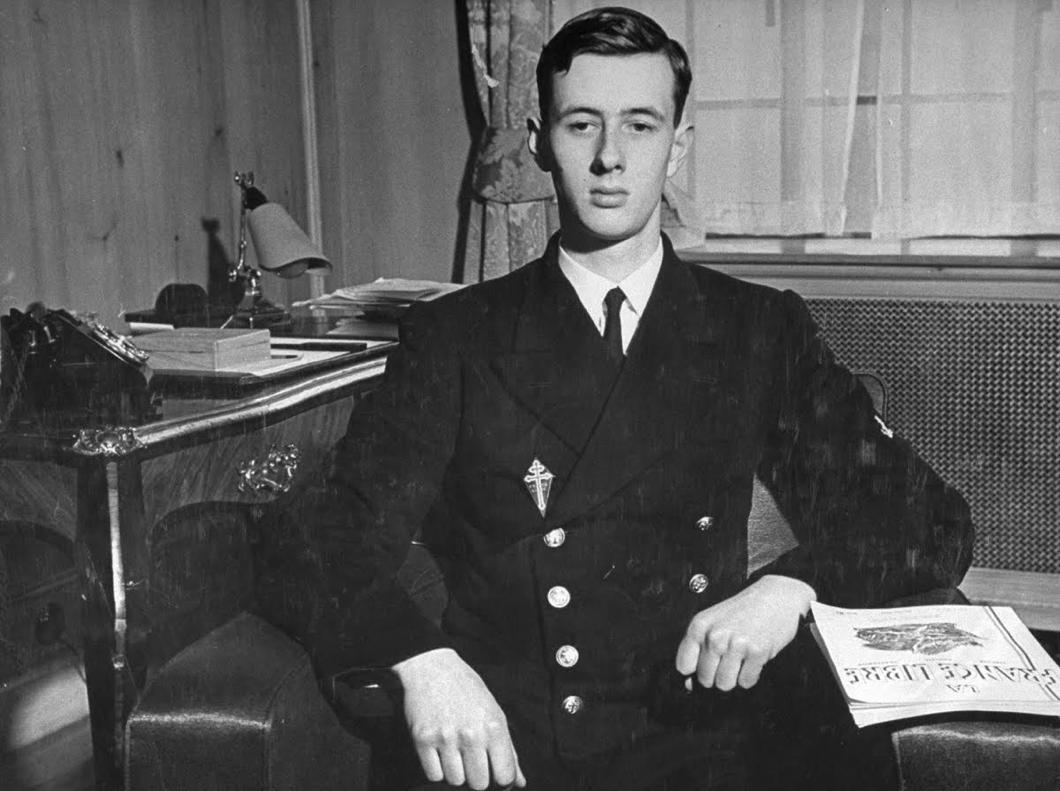
Your father should have made you a Companion of the Liberation.
He hesitated and said to me, “After all, you were my first companion.”
I replied: “Not the first, the second after your aide-de-camp, Geoffroy de Courcel.”
“Yes, but I cannot name you companion, because then I would have to name three times as many and I cannot do it. Everyone will know that you were one of my first companions.”
(The admiral, his voice charged with emotion, will say no more.)
The last companion of the Liberation will be buried in the crypt of Mont Valérien.
This is the rule they drew up, and the General endorsed it. They settled it a bit like the Marshals of the Empire — when the Companions were united with their first chancellor, Admiral Georges Thierry d’Argenlieu, a monk-soldier who then returned to the Carmel under the name of Father Louis de la Trinité.
After the war, they chose to commemorate the Appeal, every June 18, outside the official state — that is to say not at the Arc de Triomphe but at Mont Valérien, where more than a thousand hostages and resistance fighters had been shot. They erected a wall and a crypt, the Fighting France Memorial, and decided that the last of them would rest there.
Of the 1,038 who received the Order of Liberation, including 271 posthumously, they are now only three: Pierre Simonet, 99 years old, formerly a soldier, Daniel Cordier, centenarian, former secretary of Jean Moulin then merchant of art, and Hubert Germain, the dean of the order, also a hundred years old, who was deputy then minister under Georges Pompidou. He was supposed to join the navy with me and I found him on the “Courbet”, but he ultimately didn’t want to be a sailor anymore.
My father created the order on 16 November 1940 to reward individuals, civilian and military units, and civilian communities working to liberate France. He maintained a special bond with his Companions from all walks of life and from all political parties, even the Communist Party…
[Hubert Germain, the last Companion, died earlier this year and was buried at Mont Valérien after being recognised with full honours at Les Invalides.]
Father Euvé, the Jesuit who heads the prestigious review Etudes, explains that the Society of Jesus educates people for great destinies.
No less than two presidents under the Fifth Republic: de Gaulle and Macron!
It is clear that the Jesuits teach the meaning of the state and how to present oneself. Emmanuel Macron, a former student of La Providence in Amiens, a Jesuit institution, indeed has this talent.
Certainly he should speak a little more briefly, but he presents himself well and he is young. For me, he has not exhausted his full potential… And if he goes, who will be there? Tell me! I don’t see anyone else at the moment.
But back to the Jesuits, where my father studied. As a kid, I was in Saint-Joseph in Beirut, but it was the nuns who took care of us. Charles de Gaulle, on the other hand, attended the College of the Immaculate Conception, rue de Vaugirard, in Paris, which is now closed. His father taught there and was even its lay director after the expulsion of the Jesuits in 1901.
What a training! You should know that when a seminarian enters the Jesuits, he begins his studies again for nine years. Jesuits have a taste for the state and a sense of power. They educate people for administration, science, exploration, astronomy… So it’s important first, I stress, to know how to present yourself. Thus, the theater, rich in lessons, helps in this.
Was the General’s piety one of their legacies?
For him, life did not exist without the Creator. He could not believe in a universe that emerged out of pure chance and found the Catholic religion to be the most human, the most balanced, the one that accompanied you best until the end, and that had given rise to the most sacrifices and dedication.
The General had a deep fervour throughout his existence, with great Christian roots, marked among others by the readings of Jacques Maritain and Charles Péguy, and also by the Jesuits. It corresponded to an intimate devotion, to an interiorisation of his faith, that of a being active in the world who did not keep his baptismal certificate in his pocket.
Doesn’t France have centuries of Christianity behind it? However, in the courtyard of the Elysée, laïcité oblige: there was no waltz of cassocks.
On the other hand, remember, in 1946 it was picturesque to see, for example, Canon Kir and Abbé Pierre sitting amidst the benches of the National Assembly.
Nevertheless, men of God must be concerned with the spiritual and, in a certain way, the social.
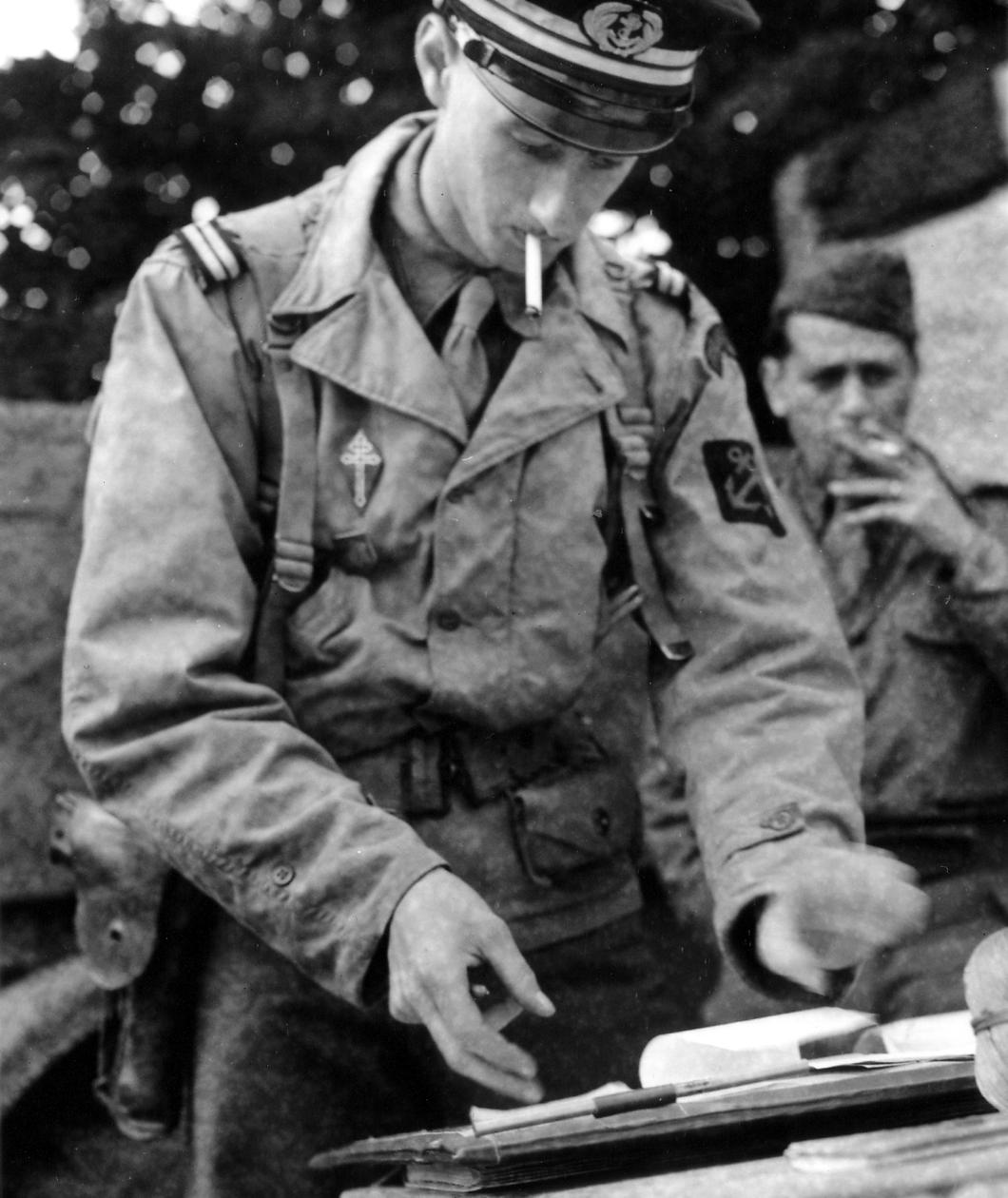
Admiral, tell us about your second professional life.
Indeed, from September 1986 to September 2004, I was in the Senate for the RPR and then elected a UMP city councillor in Paris.
Chirac had come to get me for the municipal elections. We campaigned all over the capital and, on March 6, 1983, he snatched eighteen out of twenty arrondissements!
It was until I was 84 — the age at which my maternal grandfather died, which at the time seemed very old to me — that I was a senator for Paris. Although the cliché of the senator dozing after meals is outdated, it was no longer the navy when I was constantly running around. An admiral is a fellow who moves from boat to boat, day and night.
How did you experience the lockdown?
I haven’t been out at all but, as I’ll be 99 soon, that doesn’t really matter! It was sometimes awkward to get to the bank or run an errand as I’m now a widower on my own.
I can’t walk anymore. Taking five steps one way and five the other, your knees are rusting. Many old people are dead, masked, “emblousinés”.
My children brought me fruit but it had to be put in a bag — it was all very compartmentalised.
And how is your daily life going now?
When everything is going well, I get visits from time to time from my family — my four sons gave me six grandchildren and two great grandchildren.
I read a lot of history books; I answer a lot of the mail that mostly comes from the descendants of Free French people. I listen to classical music, I watch the big games of tennis, rugby, football on television.
And also the James Bond films, films by Melville, Louis de Funès like ‘Le Petit Baigneur’, westerns, and documentaries on animals, nature with its distant landscapes, deserts, the Far North… There are magnificent places, countries where I have not been and where I will never go: Mongolia, the Himalayas… I only did mountaineering on screen. (He laughs.)
Was the cinema one of the General’s rare “distractions”?
He liked to see films, pre-war comedians and great actors such as Charles Boyer, Fernandel, Louis de Funès… He also liked Michèle Morgan, whom he found quite jolie, with a lot of allure, acting well.
At the Elysée Palace, having little time, he mainly watched the news. This had led to some myths, such as that of an announcer who was said to have been kicked out because my mother thought it was inappropriate for her to show her knees. Completely ridiculous! My mother did not get involved in this, especially since those in the audiovisual sector were more for de Gaulle, while the print media were often against him.
Has President Macron come to visit you, a few days before this historic anniversary?
Why would he do that? Be serious: he has no time to waste! He already sees far too many people and, at almost 99 years old, you are just a vestige of yourself.
[But on this, Admiral de Gaulle’s 100th birthday, President Macron has issued a communiqué.]
A vestige with the great pride of being called de Gaulle!
I admit I found it heavy, but hey, that’s how it is. We don’t choose such things. Carrying this name hindered my own freedom, constrained me to a lot of discretion. Besides, I joined the navy so as not to be in the army, where I would have had an impossible life. The navy is looking out to sea!
Lastly: write it down that this is my last interview. I insist! I am now too old for that. And don’t tell my sons that I gave you an interview. I’ll have to tell them that it was you who caught me, “caught” me. So, thank you for the photos, the historic Paris Matches and the cake. I shouldn’t eat cake anymore… At my age, sugar isn’t very good!
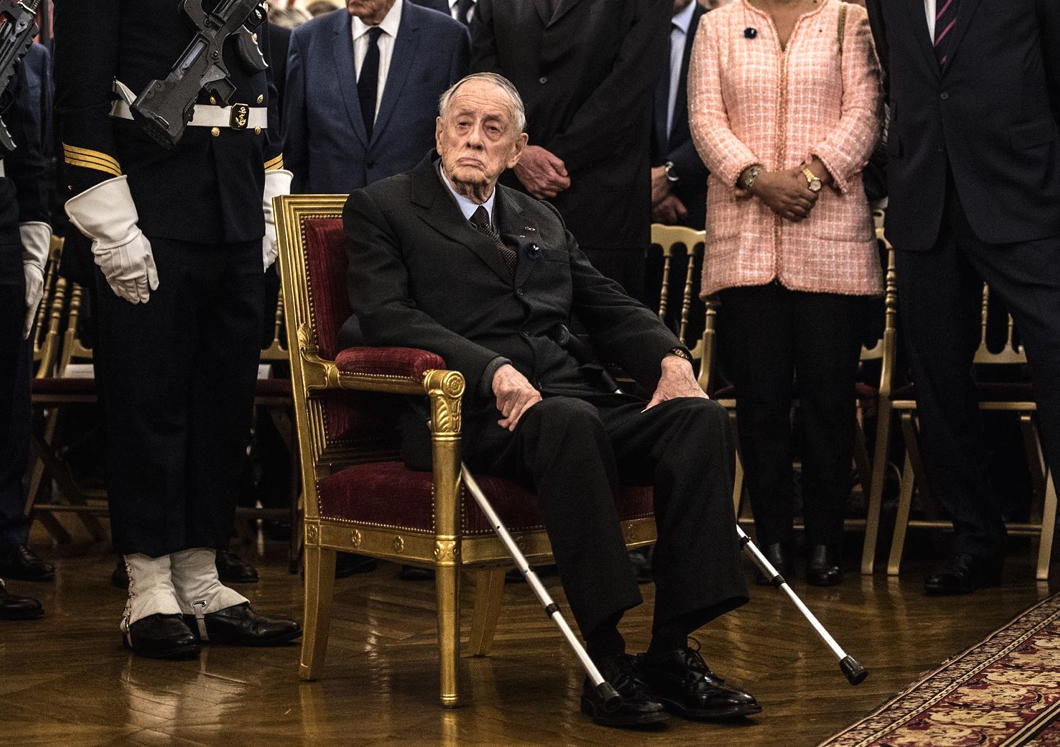
Christmas 2021

A Metropolitan Christmas
I suppose Whit Stillman’s ‘Metropolitan’ is not strictly speaking a Christmas film but Yuletide is as good a time as any to watch the most Upper-East-Side movie ever to make the silver screen.
It includes a scene (clip above) from the Service of Nine Lessons and Carols at St Thomas, Fifth Avenue, which to my mind is the best carol service in New York. It’s even better when followed by a few drinks at the University Club one block up.
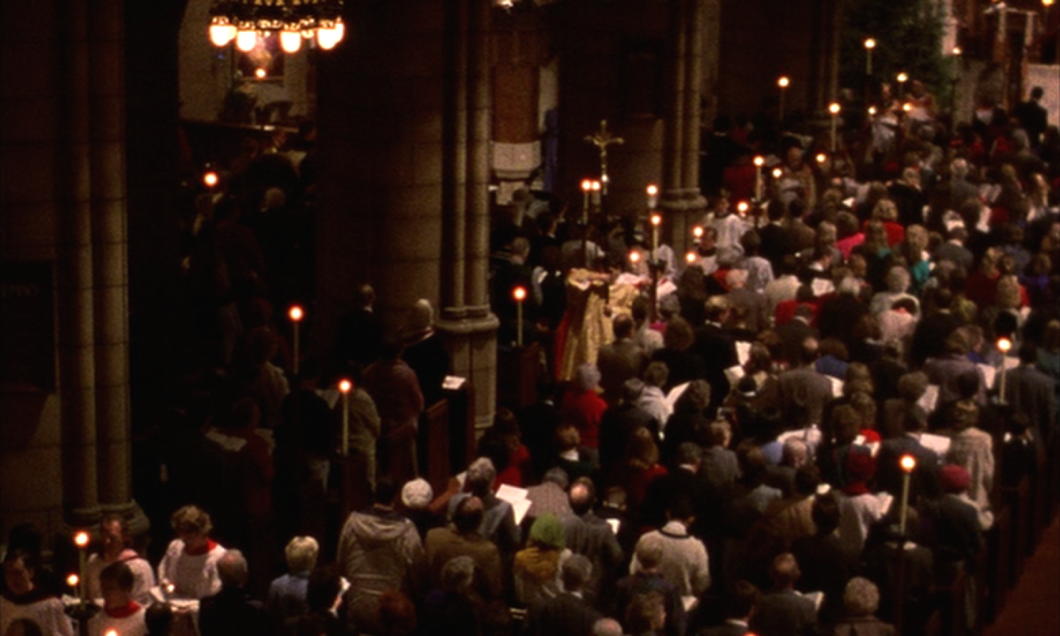
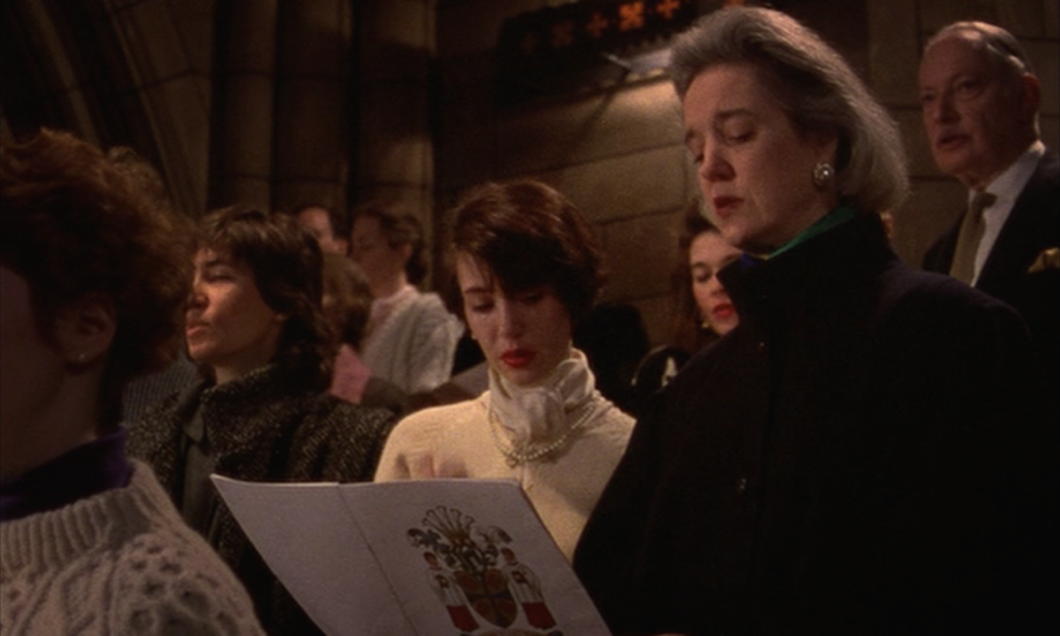
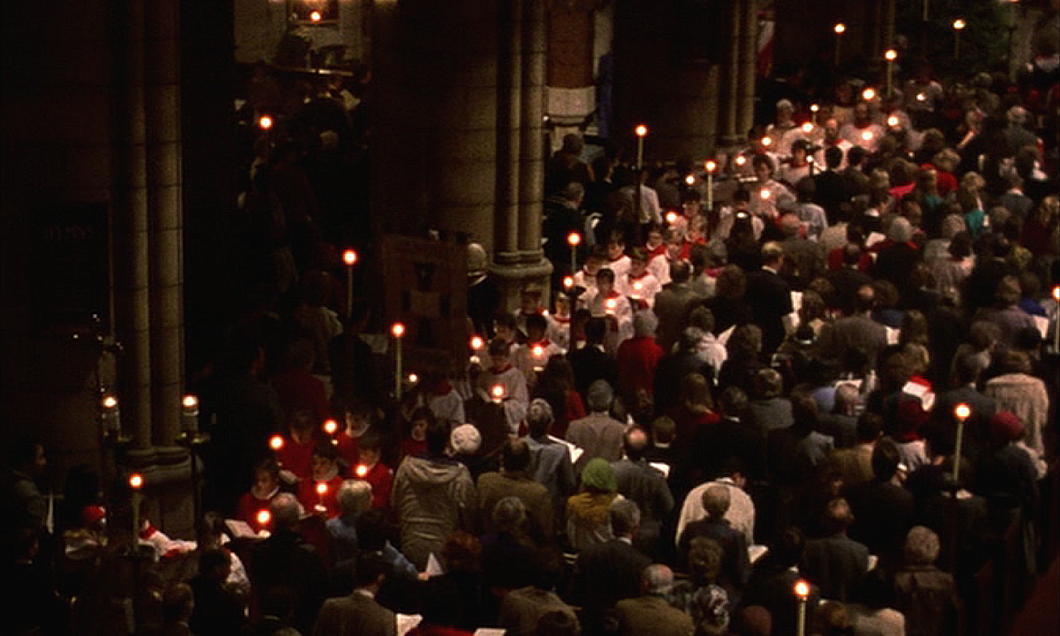
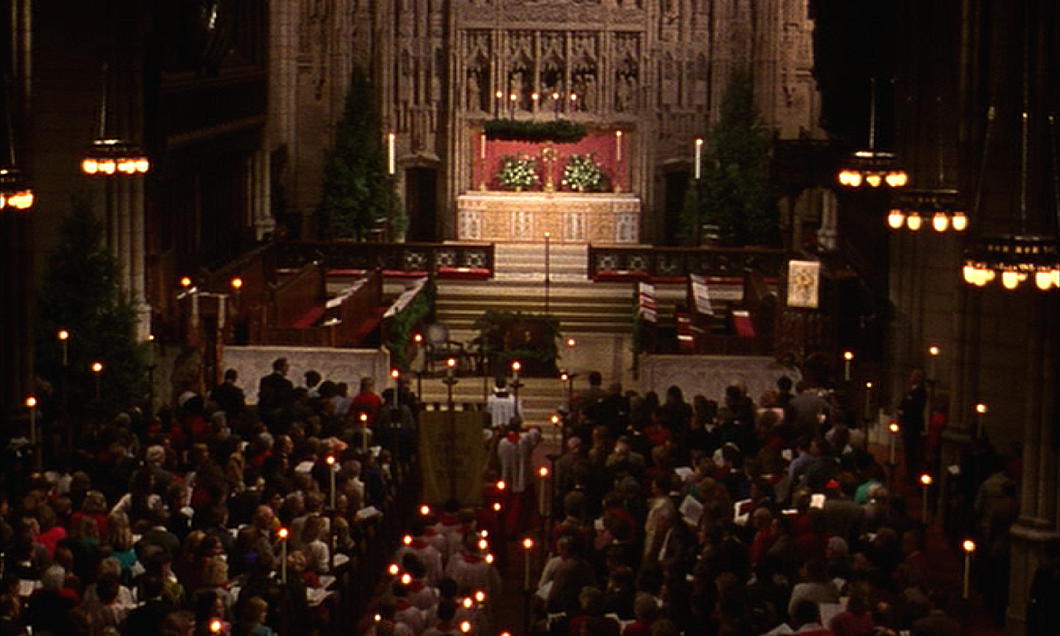
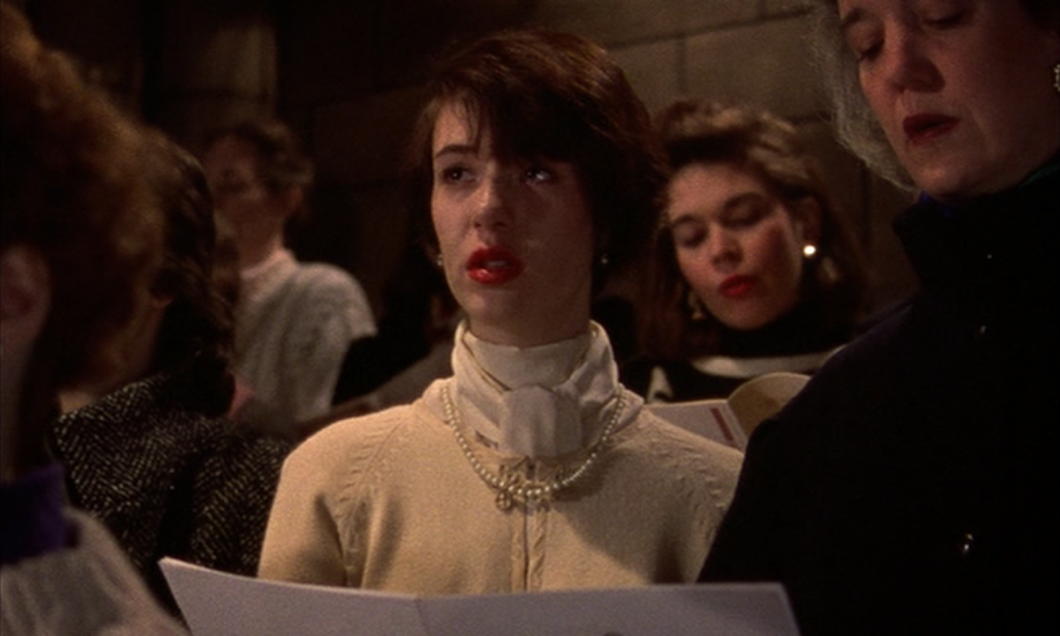
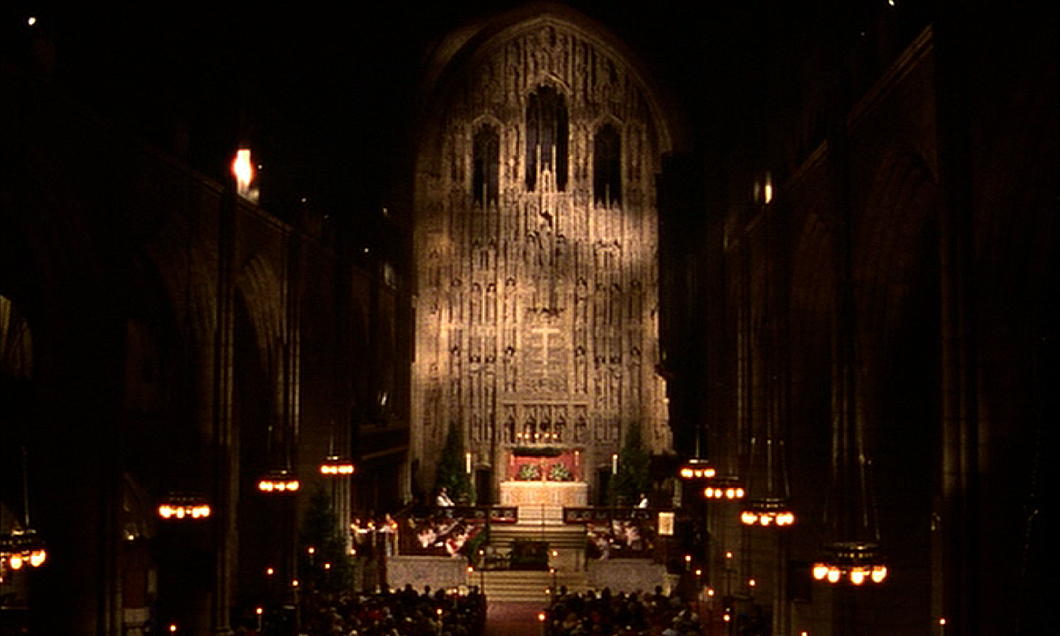
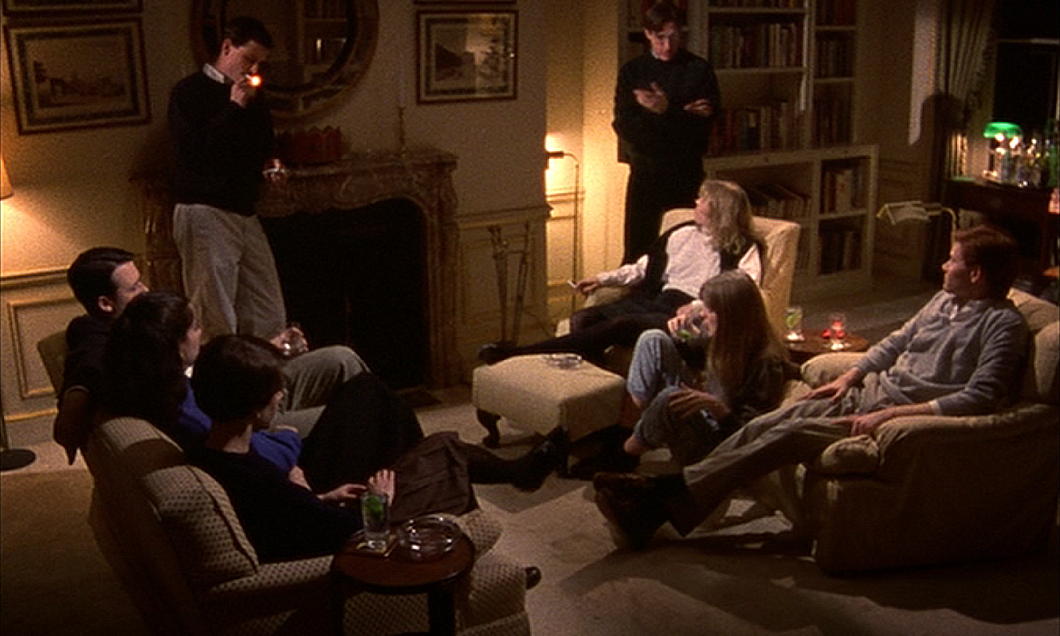
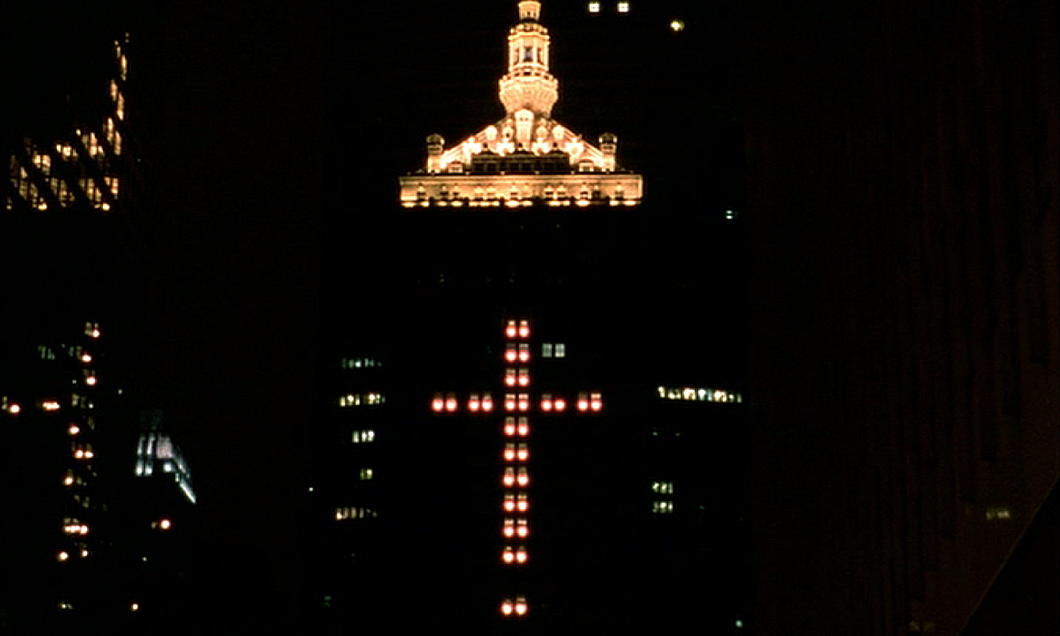
Know Your Counties!
A very useful resource: the Wikishire map
While we all still live in the ruins left by the Tyrant Heath when he destroyed local government in this realm, it is always re-assuring to hear of those who perpetuate the old ways of eternal England. Heath created ‘administrative counties’ on top of the traditional counties, and these new counties ran riot over ancient boundaries.
For example, Abingdon, which is the county town of Berkshire, now finds itself confusingly administered by Oxfordshire County Council. Worse, many newly arrived emigrants from London and other parts know no better and refer to Abingdon as being ‘in’ Oxfordshire rather than merely being administered by it.
Berkshire’s beautiful baroque County Hall now sits empty and unused, frozen in formaldehyde and reduced to the status of a mere museum rather than a living, breathing thing.
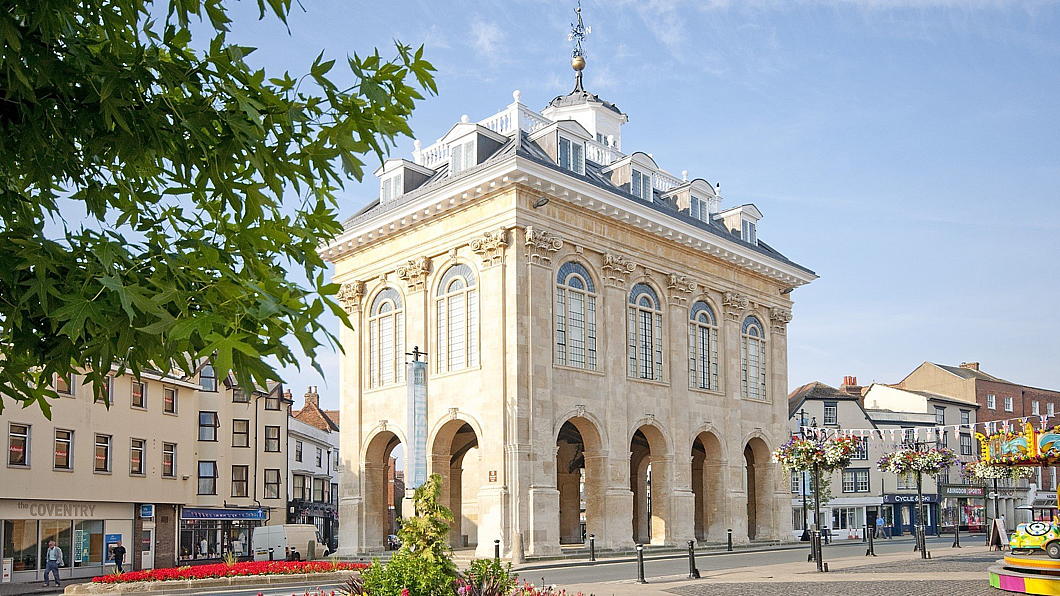
Contrary to the belief of some, traditional counties have never been abolished and they are even perfectly valid for postal addresses. Many, when doing their annual round of Christmas cards, prefer to include the traditional county when addressing envelopes.
If you are unsure of what county your addressee lives in, there is now a very useful resource from a website called Wikishire: a Google map of all the traditional counties in the home nations — England, Scotland, Ireland, and Wales.
Simply plug in the post code or town name and it will show you the proper county in which the spot in question is located. A happy marriage of new technology and the old, undying ways!
St Birinus
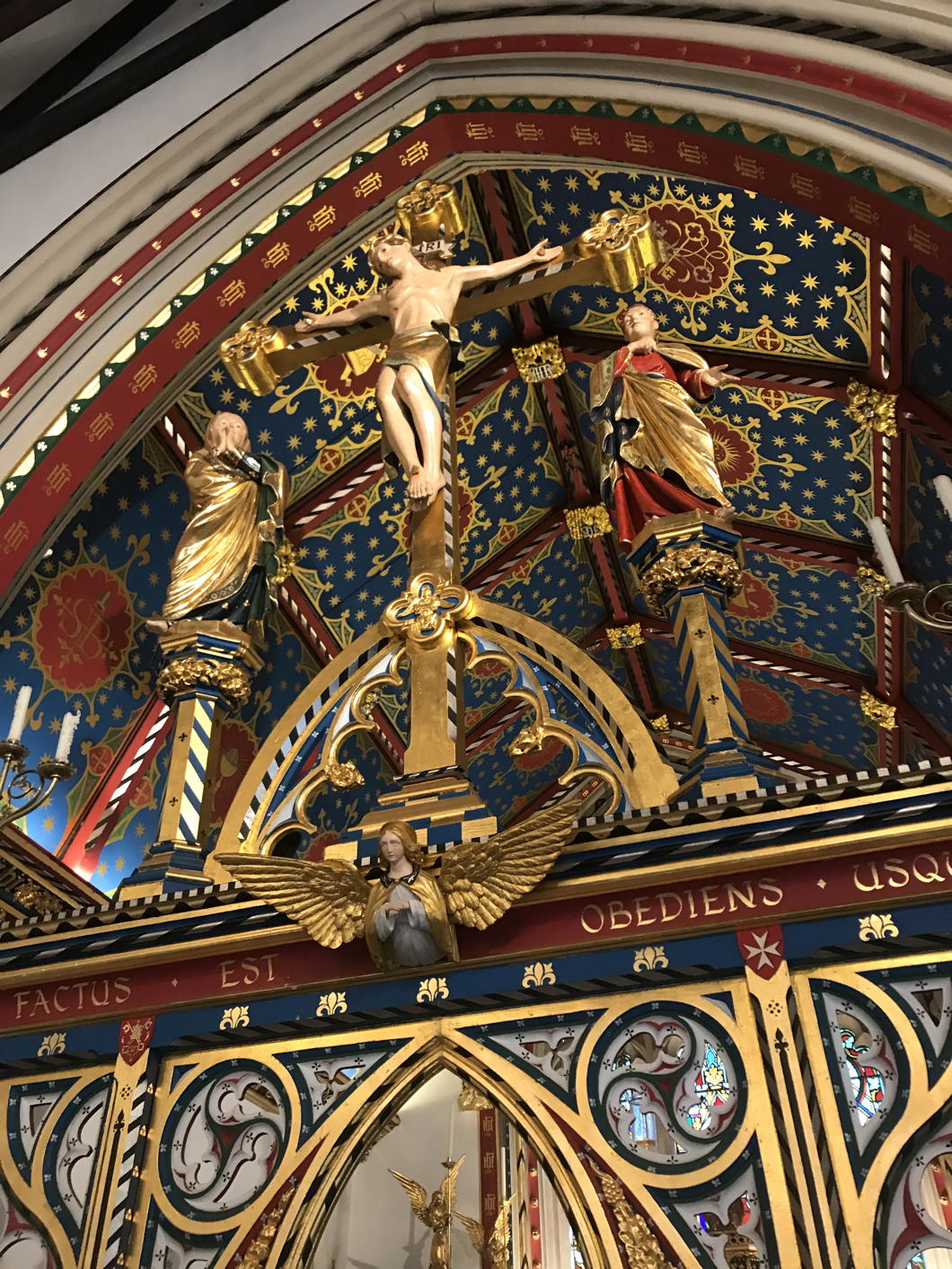
Staying with friends in Oxford a few weeks ago meant that Sunday Mass was heard at the church of St Birinus in Dorchester-on-Thames.
This church was built in 1849 by the local Davey family and dedicated to the priest who converted the king and people of Wessex whose relics were venerated at Dorchester Abbey.
For more than the past quarter-century St Birinus has been restored and improved by the parish priest, Fr John Osman. Mass is offered here with great reverence, and accompanied by excellent music. They are currently raising money for a new organ.
Auspiciously the architectural historian Michael Hodges wrote an article about the church in the October 2021 Catholic Herald.
St Birinus is undoubtedly one of the most beautiful village Catholic churches in all England. It is a visual feast best experienced in the flesh.
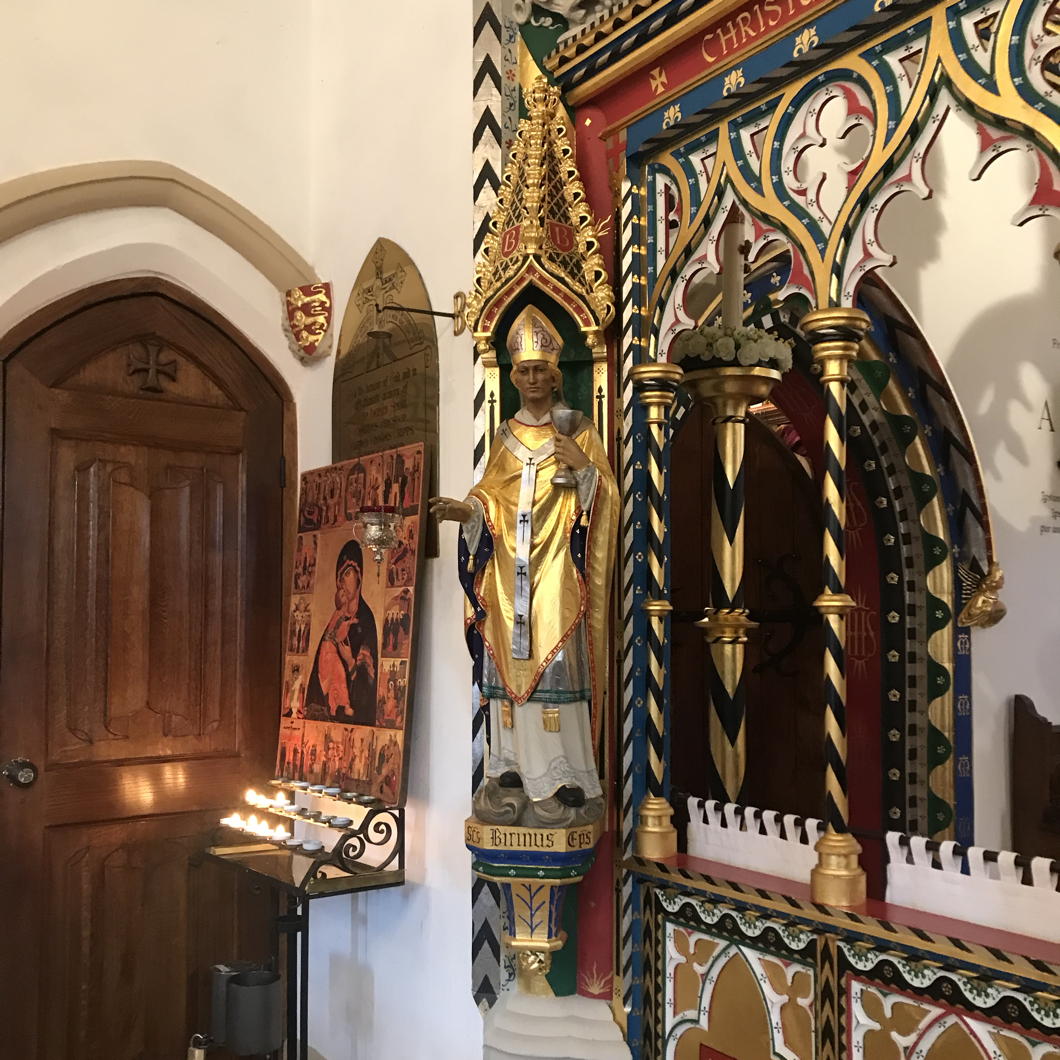
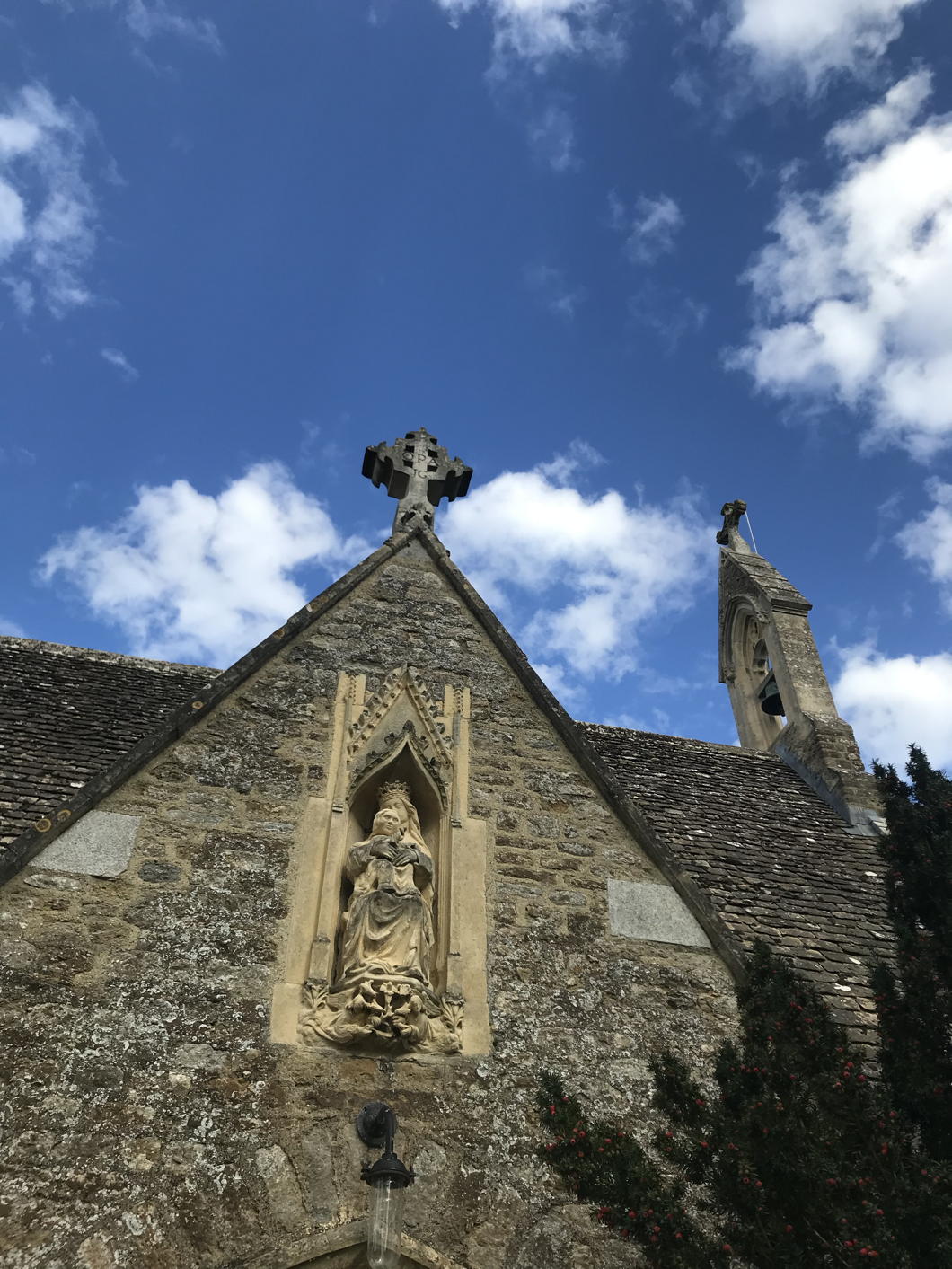
The Most Minor of Redesigns
We’ve gone a very long time without a redesign of andrewcusack.com, and while of course all change is bad I promise this is a relatively minor redesign, befitting the eighteenth year of this our little corner of the web.
There’s still bits and bobs I’m fiddling with, but I have named the new design ‘Overberg’, after the delightul region of the Cape just over the Hottentots-Holland mountains where deserters, smugglers, pirates, and those valuing solitude first planted the seeds of settlement.
Die Overberg includes towns such as Swellendam, Caledon, Bredasdorp, and Napier, as well as the Overberg Toetsbaan where South Africa tests out its latest aeronautical and aerospace technology.
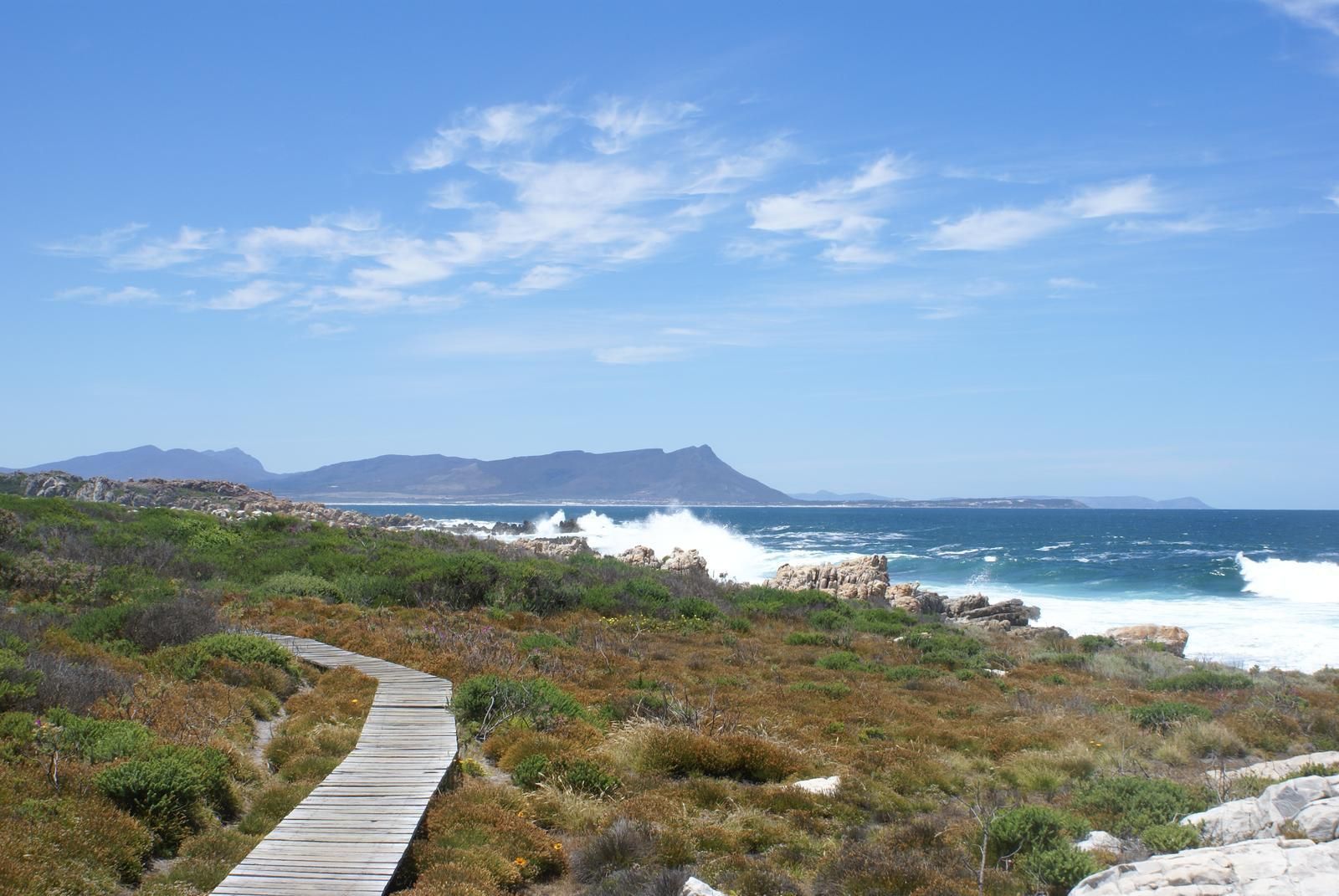
Indeed the previous design of this site (from 2016) was named ‘Kleinmond’ after one of my favourite nooks of the Overberg. If you click the picture above, or any picture that lightens when the cursor hovers over it, you can see a larger version of the image.
‘Overberg’ is a minor reordering of ‘Kleinmond’ (2016) which was largely based on was ‘Rhinelander’ (2013). This was preceded by ‘Roskilde’ (2011) and ‘Rouwkoop’ (2010) which was a minor update of ‘Elsenburg’ (2010), and before that ‘Göteborg’ (2009).
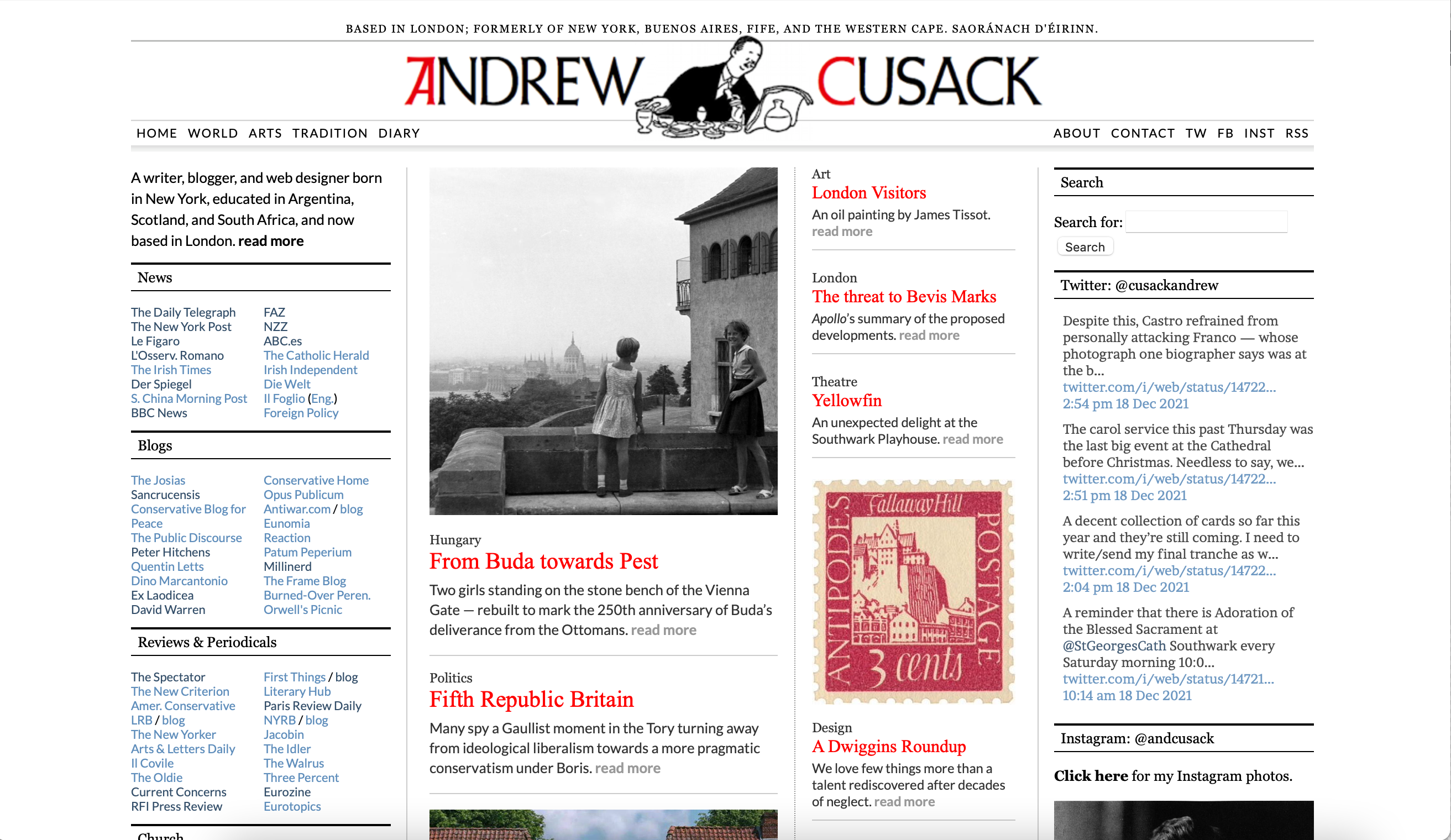
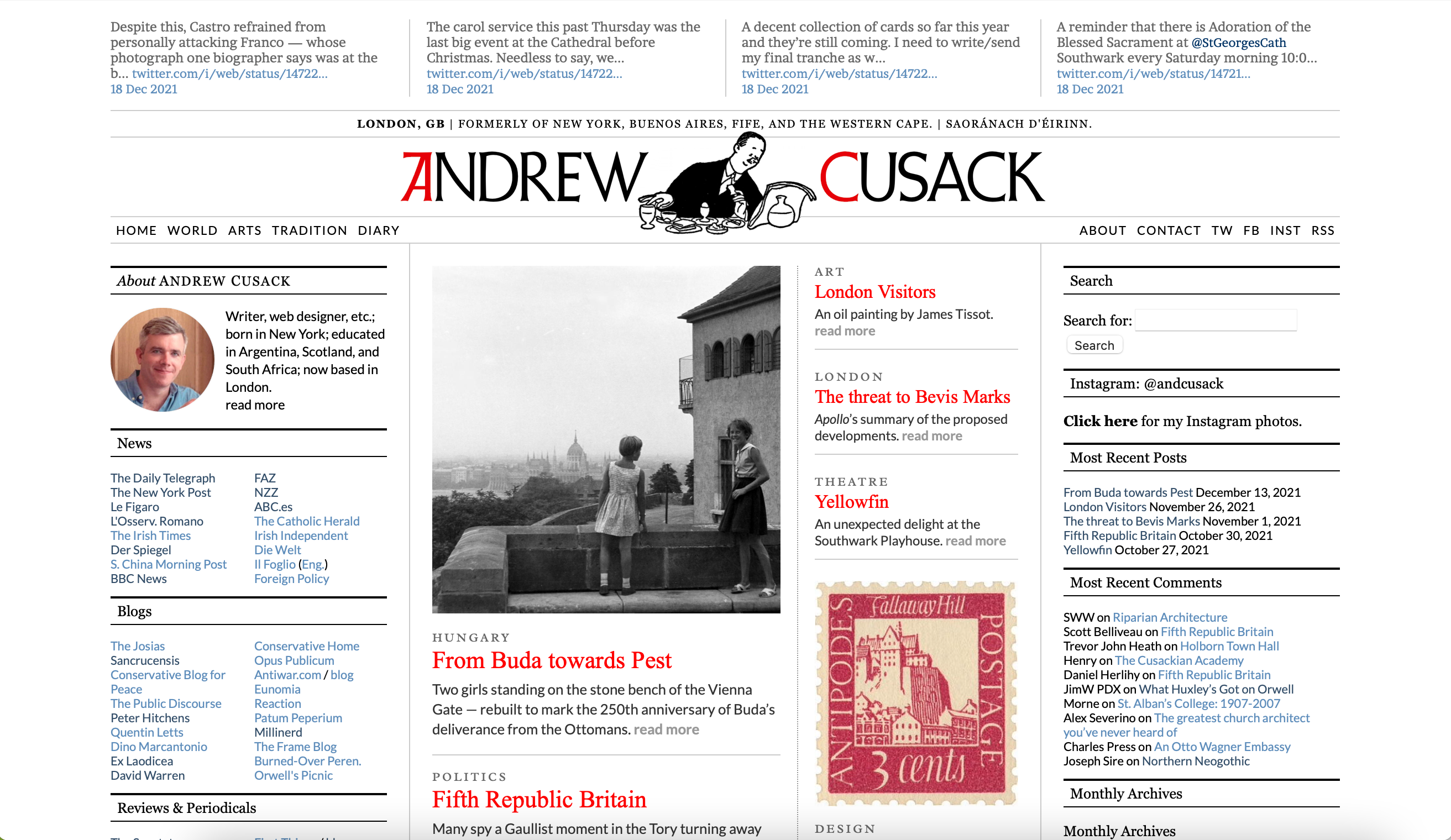
From Buda towards Pest
A 1959 view from the Vienna gate of Budapest’s Castle district
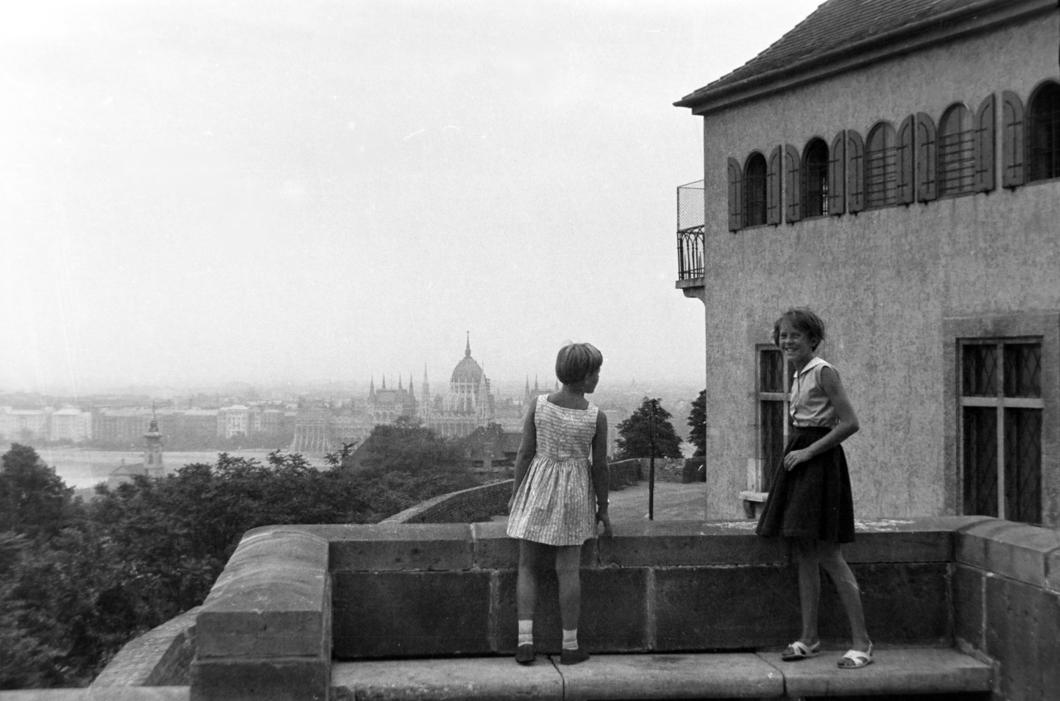
Taken in 1959, a photograph in the Fortepan archive shows two girls standing on the stone bench of the Vienna Gate — rebuilt in 1936 to mark the two-hundred-and-fiftieth anniversary of Buda’s liberation from the Ottomans.
Hungary’s domed neogothic Parliament Building sits in Pest on the opposite bank of the Danube in the distance, with the baroque spire of the Church of the Wounds of St Francis nearer on the Buda side of the river.
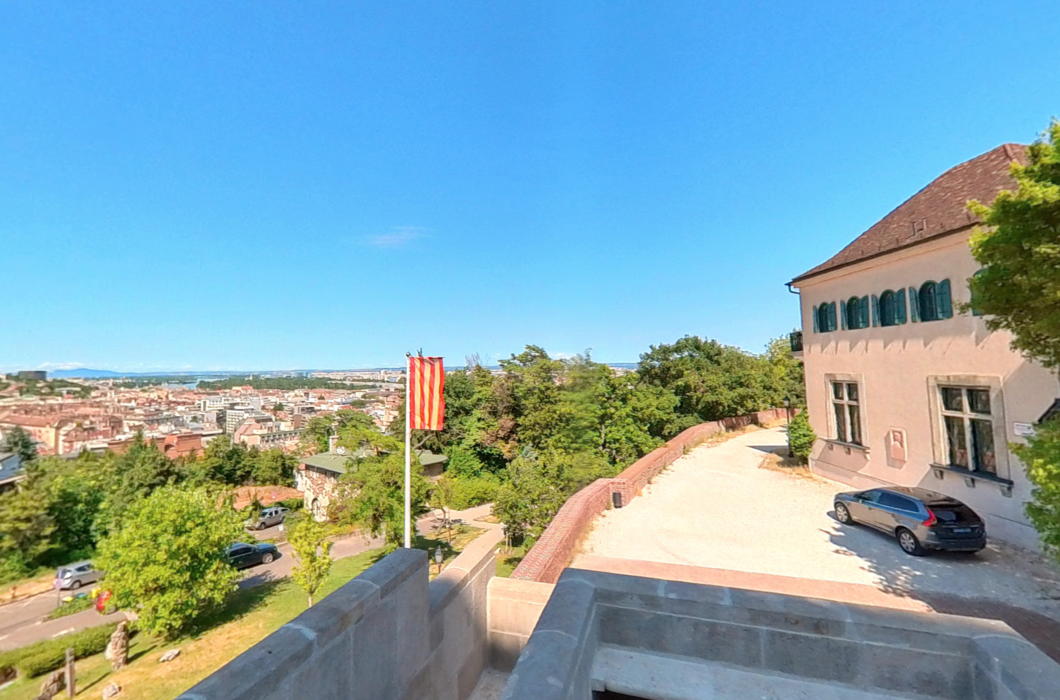
Sadly, this fine view can no longer be seen: the trees in the park below the Bastion promenade have been allowed to grow too tall. A somewhat superfluous flagpole bears the banner of Budapest’s 1st District.
The Hungarian government has invested a great deal of care and attention (not to mention investment) to the Castle quarter in recent years, so perhaps restoring this view could be added to their to-do list.
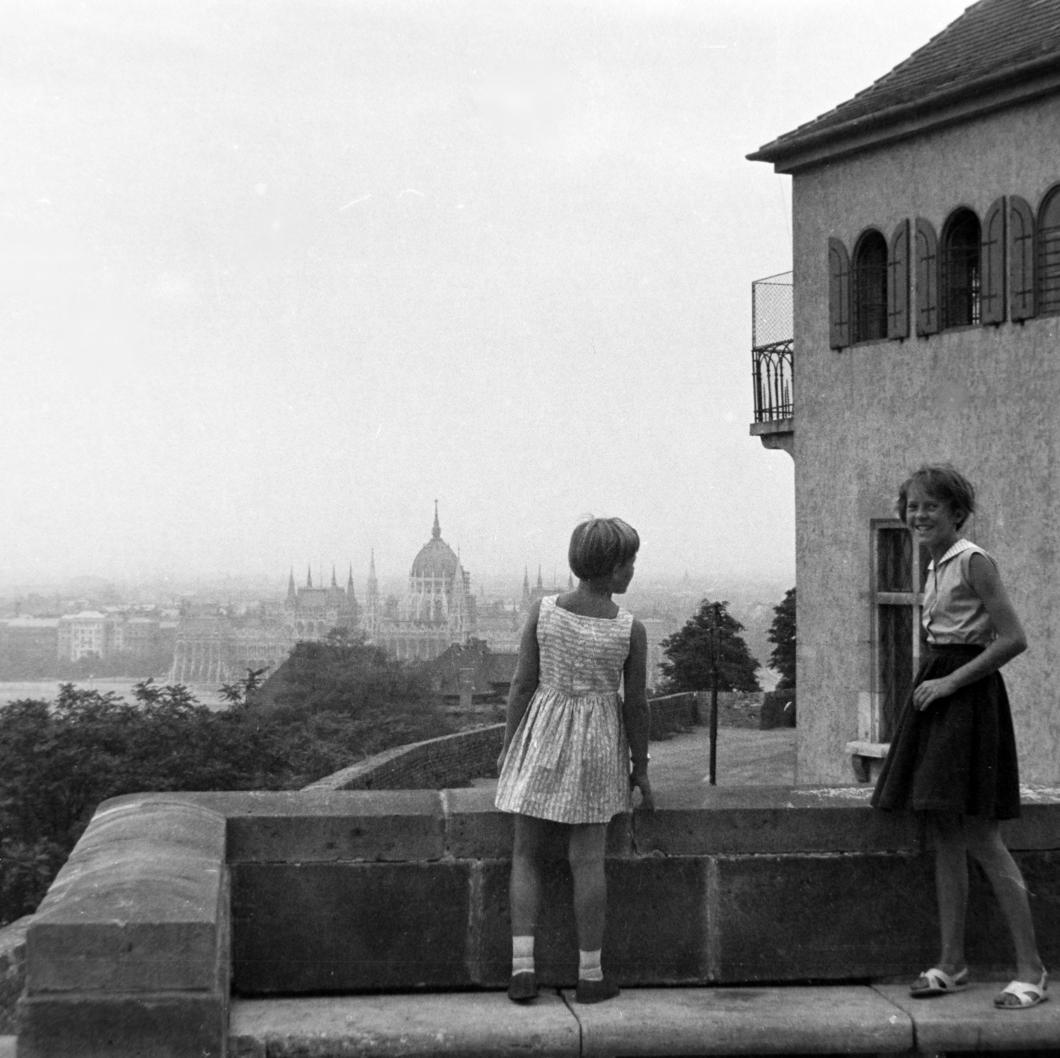
Search
Instagram: @andcusack
Click here for my Instagram photos.Most Recent Posts
- Burns Tower April 19, 2024
- Patrick in Parliament March 18, 2024
- Articles of Note: 13 March 2024 March 13, 2024
- Cambridge March 9, 2024
- Taken on Trust March 4, 2024
Most Recent Comments
Book Wishlist
Monthly Archives
Categories


